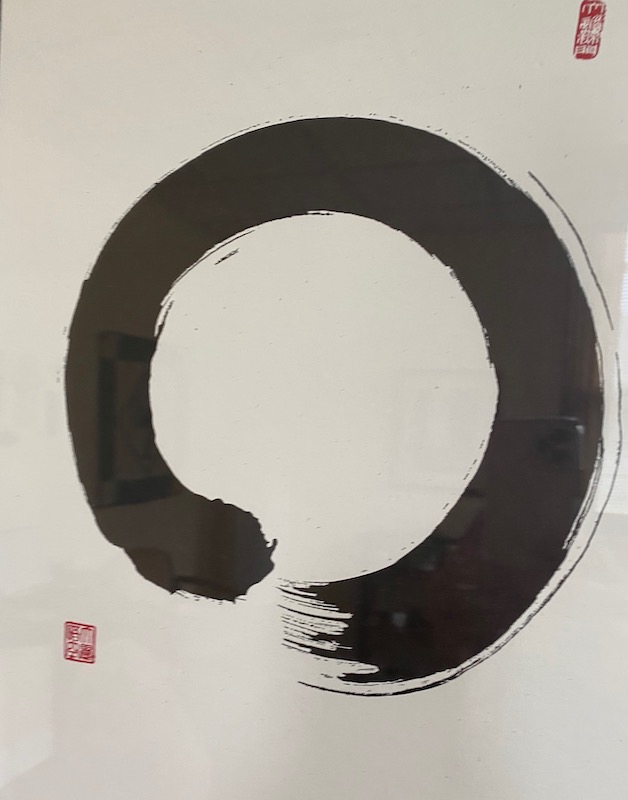Everyone has moments of feeling alone, as if we’re plodding through our days disconnected from the rest of the world. But as we watch the spread of the coronavirus, evidence of our interconnectedness challenges that perspective. Perhaps in more normal times we question our role, our belonging, our place in the family of things, as the poet says. The spread of the virus says that what happens to some of us affects all of us. We’re all in this together.

To believe we are separate is to be looking at the world through a distorted lens. We are part of a greater whole. Whether hourly workers have paid sick leave affects everyone. The struggles of small businesses to stay afloat ripple through the community. The decision of whether to stay home when we’re sick affects not only those in our immediate circles, but potentially impacts other places around the world. No one is an island.
We respond to this reality, to the world and our circumstances, with either fear or love. Our choice matters. We can’t choose the emotions that arise as we see the spread of COVID-19, but we can choose the ones we live by. We can’t control events, but we decide how to meet them. Our lives and those of others are shaped by whether we act from fear or love.
I see love in how people are taking care not to spread the virus. Careful handwashing protects not only the ones doing the washing, but those with whom they come in contact. As we learn that the virus is spreading undetected among apparently healthy people, those who aren’t particularly worried about their own health do a great service to those more vulnerable when they take precautions. Love also plays a role in discerning whether to gather and how best to look after a community.
I also see love on the part of health care workers, making themselves and their facilities as ready and as safe as possible. We all take reassurance in the fact that they show up to care for those made seriously ill by this virus, as well as the other illnesses they treat every day. They strengthen our society through the courage and generosity of their work.
Certainly fear is driving behavior as well. My local grocery store displays two new signs: “No face masks” and “No hand sanitizer.” Trading in the stock market seems as panicked as the run on cleaning supplies. Fear has shown up in the senseless suspicion of Asian people, and in the desire to place blame for the outbreak. Fear can also drive us to put our heads in the sand, refusing to live in the real world, ignoring or denying the seriousness of a situation that we do not want to face. Anxiety and fear spread more easily than the virus, another reminder of our interconnectedness.
Yet we can also share a sense of calm and love with one another. Peace in the face of challenge is something we can spread through our communities. A loving presence passes easily from one person to the next, and it alleviates all sorts of suffering—our own and that of others.
Choosing love includes taking care. It means seeing as clearly as we can what is happening, and making good responsible choices about what we will do. Depending on our circumstances, love might mean showing up, or it might mean staying home.
We tend to forget, perhaps for long stretches of time, that love exists at the heart of everything. It’s like the water table deep in the ground, supporting our lives and connecting us to one another. That ever-present source of life remains available, and the more of us who can tap into it and share it, the more readily everyone can drink from its life-giving waters.
